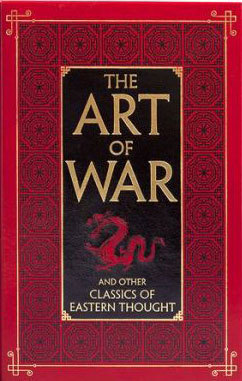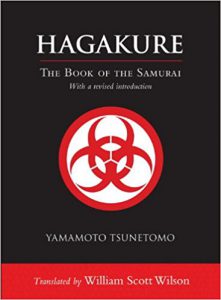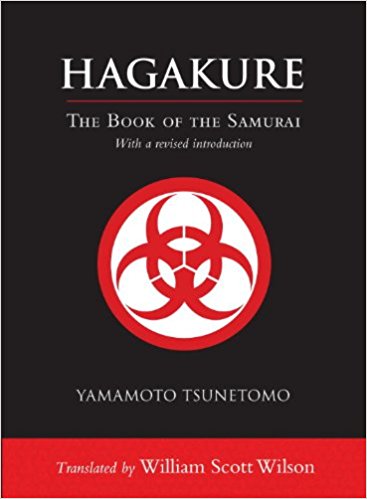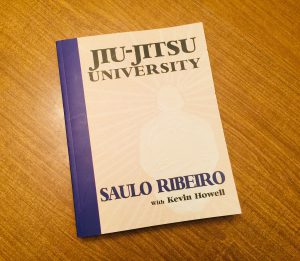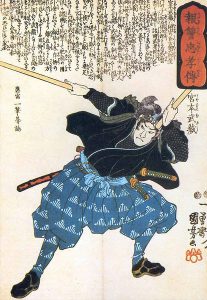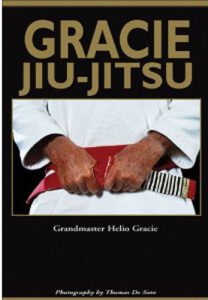From Sun Tzu, The Art of War, submitted without comment:
15. Unhappy is the fate of one who tries to win his battles and succeed in his attacks without cultivating the spirit of enterprise; for the result is waste of time and general stagnation.
16. Hence the saying: The enlightened ruler lays his plans well ahead; the good general cultivates his resources.
17. Move not unless you see an advantage; use not your troops unless there is something to be gained; fight not unless the position is critical.
18. No ruler should put troops into the field merely to gratify his own spleen; no general should fight a battle simply out of pique.
19. If it is to your advantage, make a forward move; if not, stay where you are.
20. Anger may in time change to gladness; vexation may be succeeded by content.
21. But a kingdom that has once been destroyed can never come again into being; nor can the dead ever be brought back to life.
22. Hence the enlightened ruler is heedful and the good general full of caution. This is the way to keep a country at peace and an army intact.

